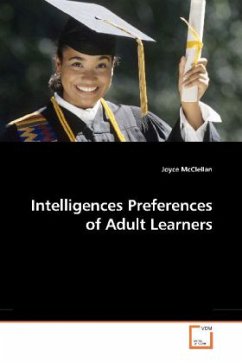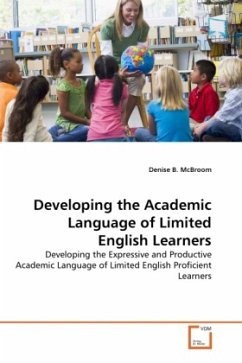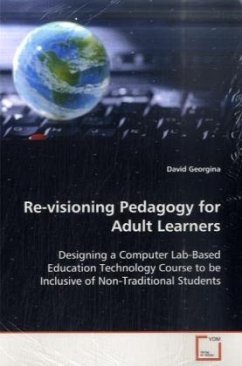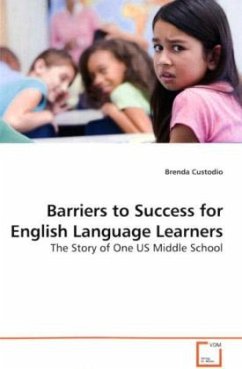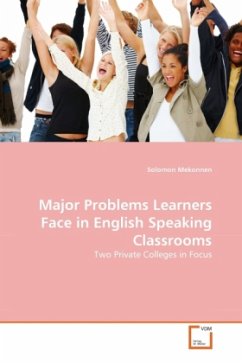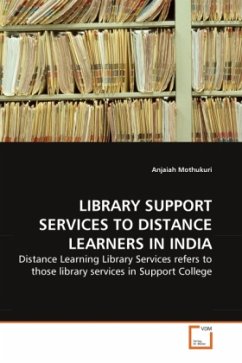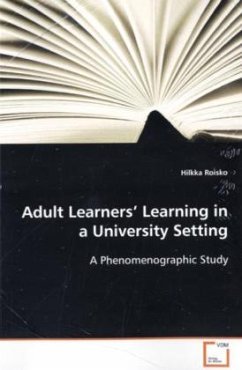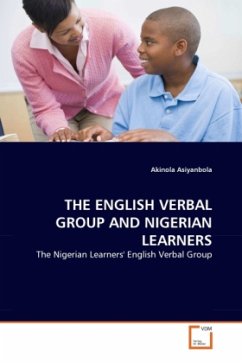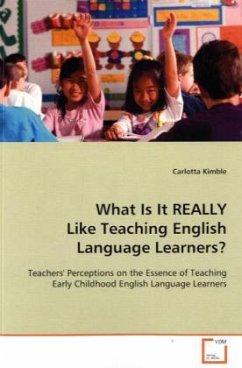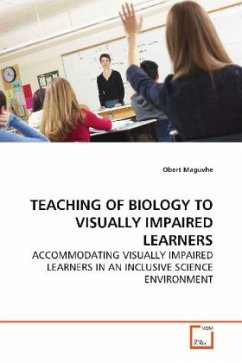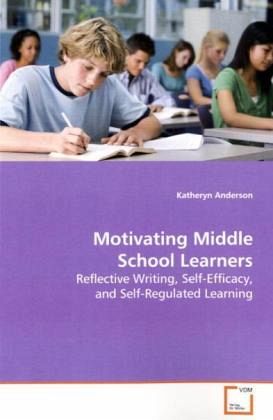
Motivating Middle School Learners
Reflective Writing, Self-Efficacy, and Self-Regulated Learning
Versandkostenfrei!
Versandfertig in 6-10 Tagen
32,99 €
inkl. MwSt.

PAYBACK Punkte
16 °P sammeln!
There has been increasing concern over middle-schoolstudents standardized test scores and decreasedengagement in learning activities. This isparticularly true of at-risk students who oftenexhibit characteristics of learned helplessness. Onefactor may be that middle school students frequentlydo not understand what skills and knowledge theypossess (academic self-efficacy) or how they learn(self-regulated learning strategy use).This study examined the effects of participation in aguided reflective writing program and gender onmiddle school students academic self-efficacybeliefs and use of self-re...
There has been increasing concern over middle-school
students standardized test scores and decreased
engagement in learning activities. This is
particularly true of at-risk students who often
exhibit characteristics of learned helplessness. One
factor may be that middle school students frequently
do not understand what skills and knowledge they
possess (academic self-efficacy) or how they learn
(self-regulated learning strategy use).
This study examined the effects of participation in a
guided reflective writing program and gender on
middle school students academic self-efficacy
beliefs and use of self-regulated learning
strategies. Quantitative data were collected from an
academic self-efficacy inventory administered as a
pre- and posttest. Qualitative data were collected to
examine students awareness and use of self-regulated
learning strategies. The data sources included the
treatment group responses to writing prompts and
interviews from selected students from both groups.
Self-efficacy and self-regulated learning were
examined for gender differences.
This work is of interest to educators, counselors,
administrators, psychologists,educational
researchers, and parents.
students standardized test scores and decreased
engagement in learning activities. This is
particularly true of at-risk students who often
exhibit characteristics of learned helplessness. One
factor may be that middle school students frequently
do not understand what skills and knowledge they
possess (academic self-efficacy) or how they learn
(self-regulated learning strategy use).
This study examined the effects of participation in a
guided reflective writing program and gender on
middle school students academic self-efficacy
beliefs and use of self-regulated learning
strategies. Quantitative data were collected from an
academic self-efficacy inventory administered as a
pre- and posttest. Qualitative data were collected to
examine students awareness and use of self-regulated
learning strategies. The data sources included the
treatment group responses to writing prompts and
interviews from selected students from both groups.
Self-efficacy and self-regulated learning were
examined for gender differences.
This work is of interest to educators, counselors,
administrators, psychologists,educational
researchers, and parents.



